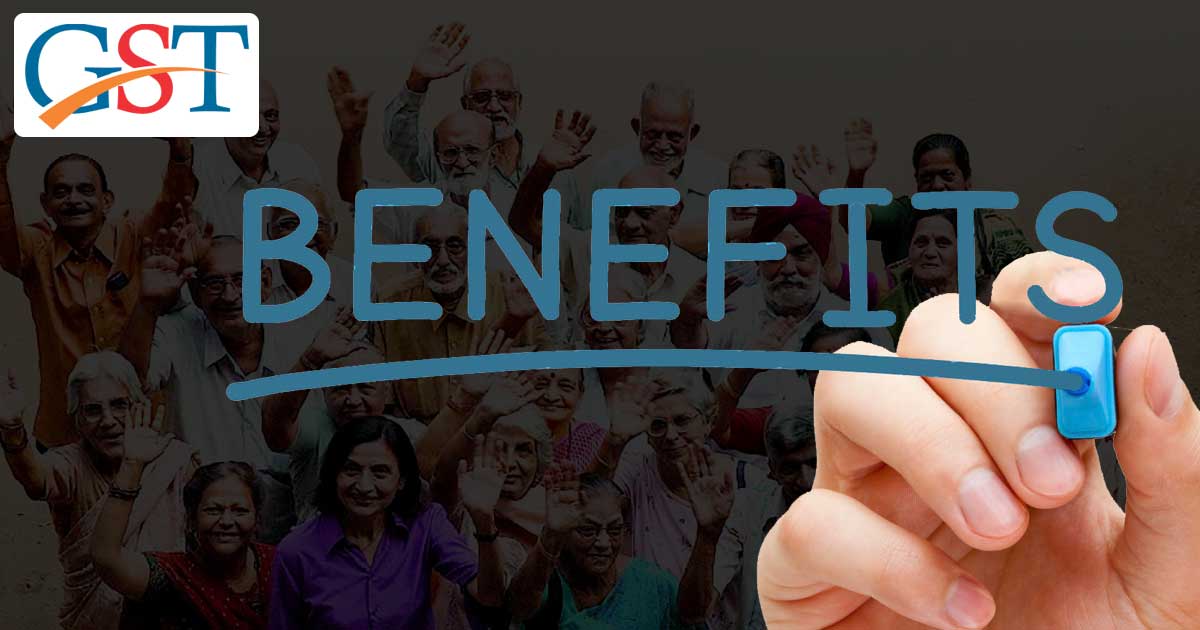A month ago, the GST Council had reduced the tax rates nearly on 212 items to provide benefits to customers but the Indian citizens are not getting benefits by the slashing rates of GST. The department of legal metrology revealed that nearly 15,000 cases of MRP violations have been registered across the country. Restaurants are on the top list of illegal practices. The fast-moving consumer goods (FMCG) such as mineral water and aerated drinks are found to be most vulnerable to illegal trade practices.
According to BN Dixit, Director of the department of consumer affairs, Government of India, “Cases of MRP violations and anti-profiteering are being registered across the country and we are compiling a report based on inputs from individual states. It’ll be submitted to the Parliament on December 15.”
Dixit said that some of the sectors were complaining of an anti-profiteering provision under GST law and quickly passing the benefits of lower tax rates to end consumers. He further added that some of the sectors still selling goods at old MRP.
On 15th November, tax rates had been slashed by the GST Council from 28% (higher brackets) to 18% (lower brackets). Anti-profiteering authority too had been constituted by the government to monitor the newly implemented tax reform. After the cut in GST rates, the government informed to traders to reduce the MRP by pasting the stickers of new MRP on packages in communication with manufacturers.
M Mamatha, Assistant Controller of Karnataka Legal Metrology. “If traders affix the new MRP, then it must not mask the older one, as the consumer should know the difference between the old and new price. But many traders are found to be selling at old MRPs. There have been instances where sellers are collecting higher prices than the old MRP in the guise of GST.”
Mamatha heads flying squad, 1,557 cases of MRP violations and 183 cases of profiteering were registered in the legal metrology department after 24th November in the Karnataka. “A few sectors, including ceramic ware, are following the MRP rules, while many commodities, especially from the FMCG and stationery sectors, are being sold at higher prices”, said Mamatha.
However, Traders are upset with the frequently changing compliances of GST and it is not possible to implement the compliance practically.
B. Suresh, President of Kolar district Federation of Karnataka State Chambers of Commerce and Industries enquired, “On July 1 when GST was rolled out, they asked us to affix new MRP stickers on every package. While the manufacturers were supplying stickers to dealers, new rates were announced in November. How can you expect traders to dance to the changing tunes?”
Recommended: How to Check Genuine GST Bill Online Given by Seller
B T Manohar, Chairman of States Taxation Committee of FKCCI and member of Karnataka State GST advisory committee, “The concern is that traders have already paid 28% GST and they should collect 18% tax from consumers. There’s no clarity on how they will get back 10% of the excess tax they have paid. Unless the government sets up an effective mechanism for the refund, the new rules will be seen draconian.”










